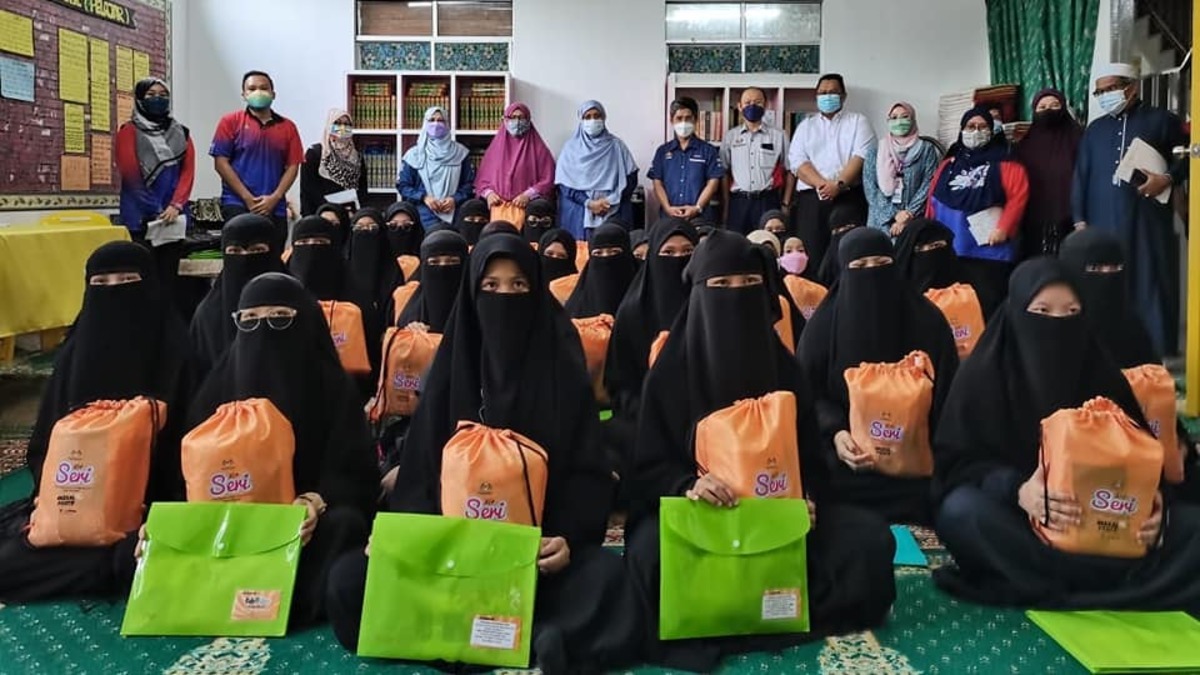KUALA LUMPUR, March 11 – The government programme providing free sanitary napkins to low-income teenagers began last January in Sabah and Johor with 350 female adolescents.
Women, Family and Community Development Minister Rina Harun said the Social Empowerment of Reproductive Health Initiatives (SERI) kit programme targeted 130,000 teenage women aged 13 to 17 in 1,124 selected schools nationwide, providing free disposable pads every month for 12 months this year.
The first phase of the programme would be undertaken by the National Population and Family Development Board (LPPKN) under the Women, Family and Community Development Ministry (KPWKM) from January to April, while supply of the SERI kit for the next eight months would be managed by the Prisons Department.
“This reproductive health advocacy programme can increase teenagers’ awareness and knowledge about sexual and reproductive health and subsequently, ensure the achievement of long-term objectives of the basic women’s hygiene kit programme,” Rina said in a March 3 Dewan Rakyat written reply to Batu Gajah MP V. Sivakumar.
The minister added that KPWKM has run SERI education workshops for 52 LPPKN officers and teen educators who will run this programme at selected schools, KafeTEEN teen centres, KafeTEEN trucks, KafeTEEN school clubs, and KafeTEEN mobile units.
KafeTEEN is a programme by LPPKN to help adolescents aged 13 to 24 to go through teenage life.
LPPKN has also briefed 114 district education and state education department officers on the SERI kit programme, besides running a workshop for 475 school teachers to teach students about reproductive health and menstruation management.
LPPKN will also work together with the Orang Asli Development Department (JAKOA) and the Social Welfare Department (JKM) to identify target groups who dropped out from school and have no access to disposable menstrual pads, so as to provide cloth pads for long-term use.
The SERI education programme is also implemented by state LPPKN at 270 selected schools nationwide.
The extent of period poverty in Malaysia is not known, although women’s groups have cited anecdotal evidence of young women missing out on school and work.












